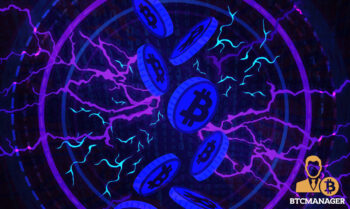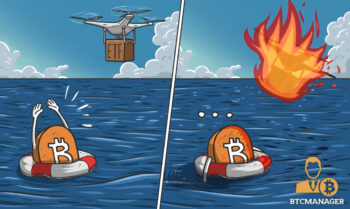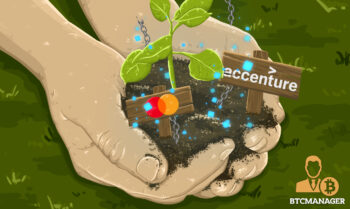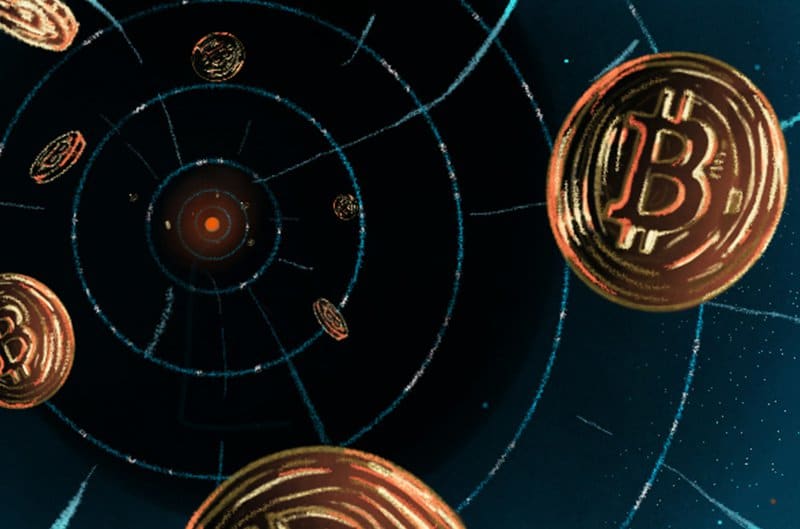2020-11-7 19:39 |
Bitcoin is the perfect money in that it embodies all of the properties and functions of money — as a store of value (SoV), medium of exchange (MoE) and unit of account (UoA) — and does so in a way that any person or participant, from anywhere in the world can:
Save without having their wealth invisibly stolenSpend without some big-brother-type institution telling them with whom or what they’re allowed to do soAccount for, audit and verify what they have, when they received it and how much it is in relation to the whole supply.Furthermore, it’s all possible sans any form of trusted intermediary, government regulation, prudential oversight or “decree by the anointed.”
Money is arguably the most important invention of mankind, and is the mechanism by which we measure time and energy and the communication medium through which we collaborate. It’s critical for the formation of any society more complex than a few hundred people and without it we cannot scale any division of labor nor can we scale any form of production beyond self-subsistence.
And here we are now in 2020, 12 years (to the day, as of this writing) since Satoshi released the white paper, for what’s likely the apex money (at least on this planet).
What does this have to do with Bitcoin’s circularity?
Well, if bitcoin is the next and final global money, then by definition (and by design) it is already circular. It’s a monetary unit and a financial network which already embodies all of the elements required for a global economic system.
So it’s not a question of “if,” or even “when,” but more a question of progress, magnitude and necessity.
I wrote an article recently, entitled “Bitcoin & Lockdowns,” in which I put forward a model of understanding Bitcoin’s long-term adoption curve, through the lens of necessity.
In it, we find a simple answer to the question:
Q: “When circularity?”
A: “As it becomes more of a necessity.”
“Necessity is not only the mother of all invention, but is also the grandmother of all change,” as the proverb goes.
Major transformations like Bitcoin are progressions which diffuse through society in memetic fashion. They start imperceptibly slowly, but as they gain momentum due to both their own development and the deterioration of the old guard, they begin to accelerate exponentially.
And this is what we’re in the midst of today: The fiat experiment spiralling out of control, and the necessity of using bitcoin as a savings vehicle, payments mechanism and, at some point, an accounting system, all rapidly accelerating.
When you look at modern economics and the fiat money it is dependent upon, you realise you can no longer accurately measure the product of your labor, preserve the product of your labor or freely and voluntarily exchange the product of your labor.
Money is no longer money in the true sense of the term. It has become, as so-called economist Stephanie Kelton would put it, just “points.” Meaningless, virtual, arbitrary, pointless points which one group can make up at the expense of the rest of us, of our livelihoods and of our scarce natural resources.
This is a model of the world that cannot last, in much the same way as the fool who jumps off a cliff attempting to fly thinks he’s beaten gravity for the first few seconds as he’s moving upwards. When we extend the timescale a bit, we’ll find that gravity catches up. It always catches up.
Another example of how the old guard has lost its way is the entire KYC/AML edifice, and the ridiculous new mandates like the “Travel Rule.”
Money exists so that two parties who do not know each other can exchange the product of their time and labor. “Knowing your customer” is fundamentally antithetical to the entire raison d’etre of money and the scale it’s supposed to enable in society via efficient trade.
Imagine all of the wasted resources that go into unnecessary compliance, knowing all of your customers, reporting meaningless statistics for AML compliance, licensing, regulations and bureaucratic negotiations and lobbying.
Imagine how much more effective we could all be, and how many resources we could save and allocate toward productive means if it weren’t for these arbitrary regulations.
And, to add insult to injury, think about how much privacy this entire “performance” compromises on the part of all “customers” involved.
It’s crazy.
Payments and financial privacy will not get better under the existing system, they’re only going to get worse. Savings will not be protected under the existing regime, they will only deteriorate. The taxes demanded by and extorted from you by the growing public sector will not fall,
they will only rise.
This is all why Bitcoin’s necessity as the foundation of a new monetary and payments network is only going to increase, as will the magnitude of its circularity. There Is No Alternative.
It will be driven just as much by the decline of the existing fiat system, as the zero to one evolution of money that Bitcoin represents.
It’s also worth noting that zero to one transformations are not always seen as “improvements” in the beginning, especially with respect to networks. They’re fundamentally different and require input and energy from the participant, much like the activation energy in a chemical reaction.
But as new “catalysts” emerge, and different participants find themselves “energized” enough to change (as the necessity arises), the movement cascades, achieving both mass and scale, and we look back to wonder how we ever lived without it.
And so it shall be with Bitcoin decades from now.
Future generations that are free to transact globally, instantly and securely with a money that’s always on and incorruptible will look back on this period of fiat history and wonder how some could’ve ever been stupid enough to think that Kelton economics, in which 2 + 2 = 435, would last.
The post Because Bitcoin Is A Necessity, Its Economy Will Be Circular appeared first on Bitcoin Magazine.
origin »Bitcoin price in Telegram @btc_price_every_hour
Bitcoin (BTC) íà Currencies.ru
|
|














